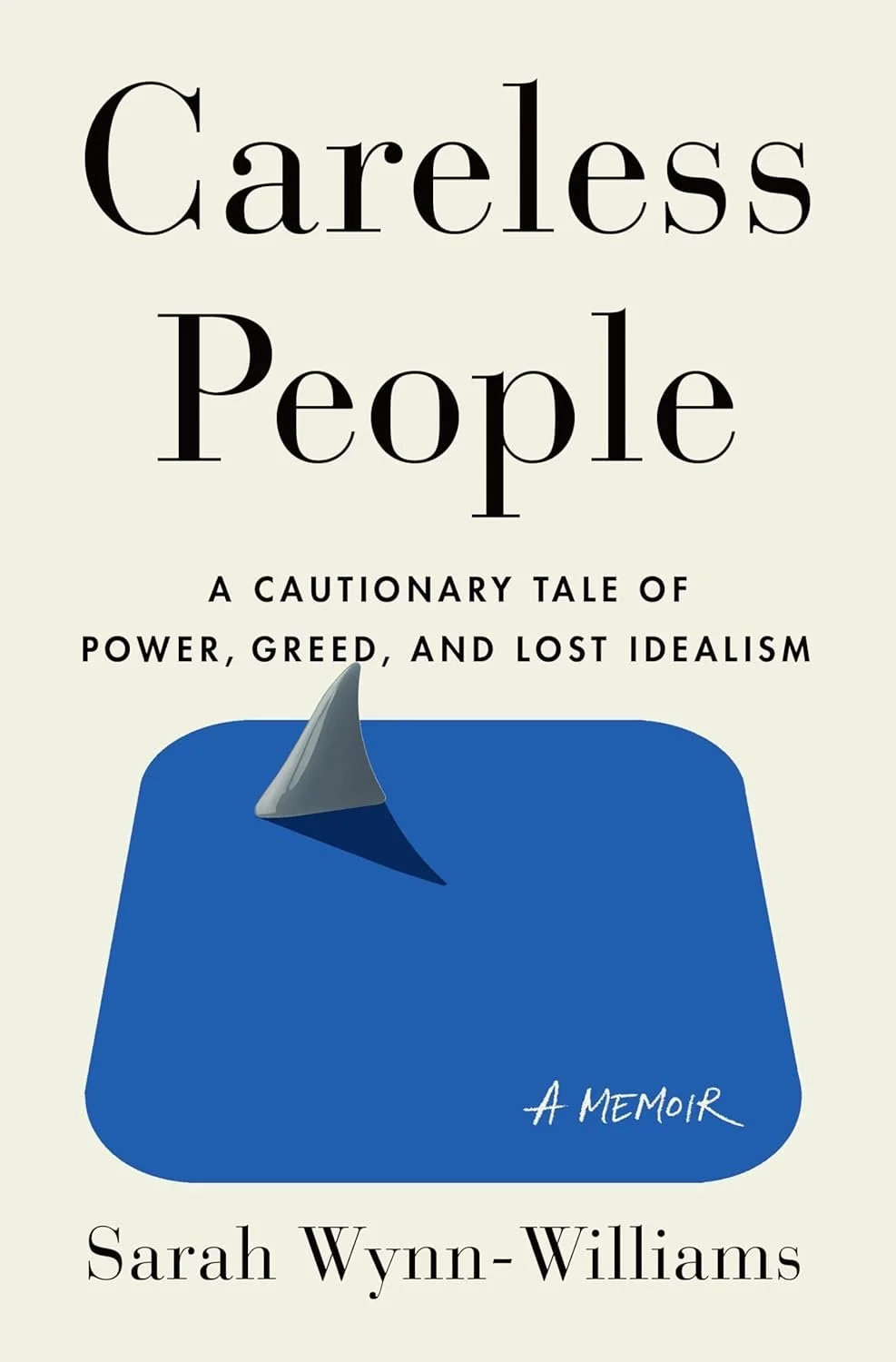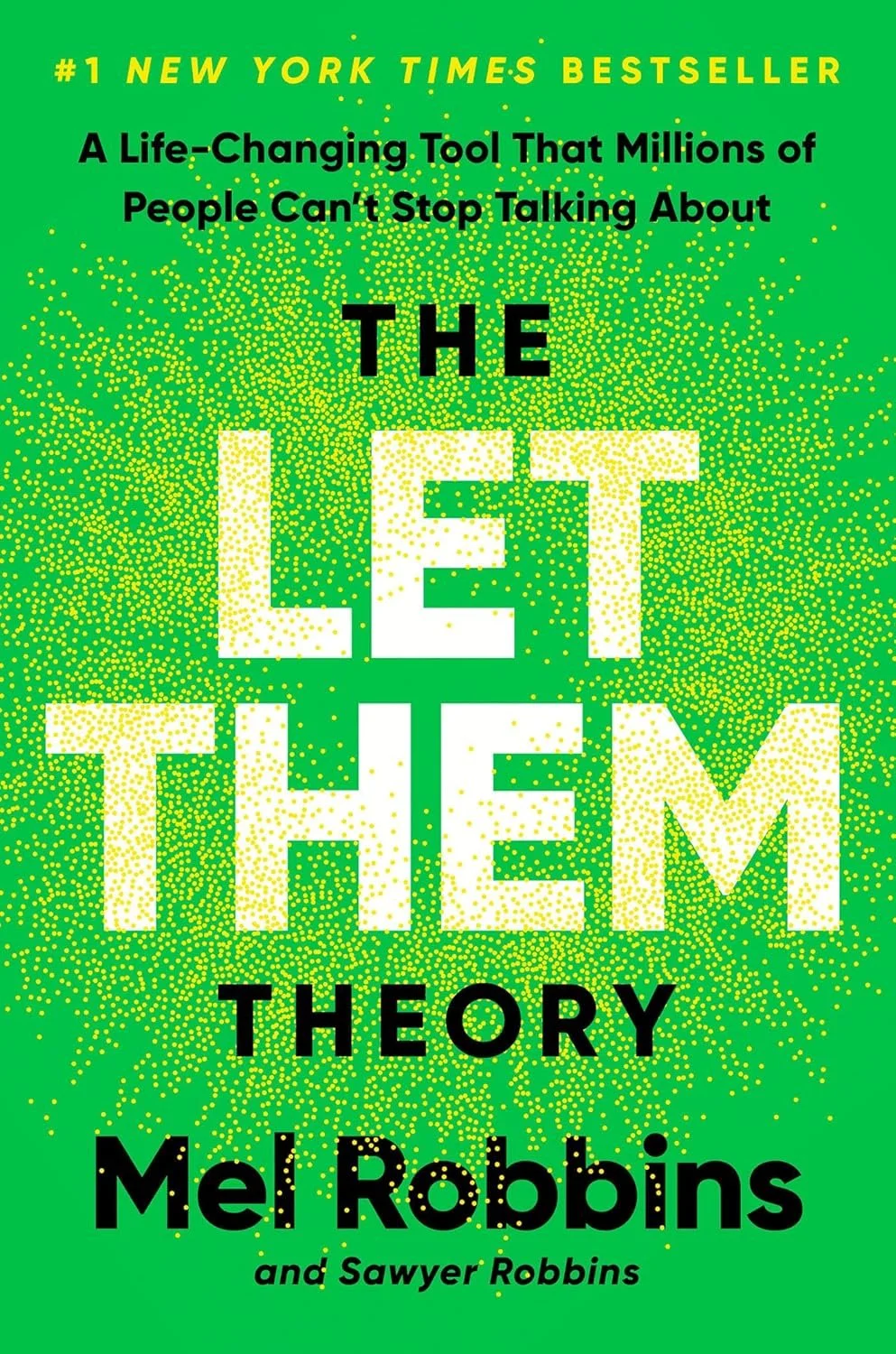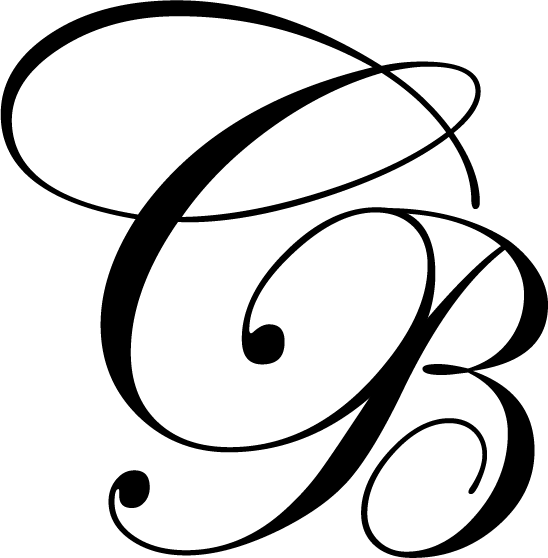“Starting over is an acceptance of a past we can’t change, an unrelenting conviction that the future can be different, and the stubborn wisdom to use the past to make the future what the past was not. - Craig D. Lounsbrough”
Currently Reading
-

Careless People: A Cautionary Tale of Power, Greed, and Lost Idealism
Sarah Wynn-Williams tells the wrenching but fun story of Facebook, mapping its rise from stumbling encounters with juntas to Mark Zuckerberg’s reaction when he learned of Facebook’s role in Trump’s election. She experiences the challenges and humiliations of working motherhood within a pressure cooker of a workplace, all while Sheryl Sandberg urges her and others to “lean in.”
Careless People is a deeply personal account of why and how things have gone so horribly wrong in the past decade―told in a sharp, candid, and utterly disarming voice. A deep, unflinching look at the role that social media has assumed in our lives, Careless People reveals the truth about the leaders of Facebook: how the more power they grasp, the less responsible they become and the consequences this has for all of us. -

How to Know a Person: The Art of Seeing Others Deeply and Being Deeply Seen
As David Brooks observes, “There is one skill that lies at the heart of any healthy person, family, school, community organization, or society: the ability to see someone else deeply and make them feel seen—to accurately know another person, to let them feel valued, heard, and understood.”
And yet we humans don’t do this well. All around us are people who feel invisible, unseen, misunderstood. In How to Know a Person, Brooks sets out to help us do better, posing questions that are essential for all of us: If you want to know a person, what kind of attention should you cast on them? What kind of conversations should you have? What parts of a person’s story should you pay attention to?
Driven by his trademark sense of curiosity and his determination to grow as a person, Brooks draws from the fields of psychology and neuroscience and from the worlds of theater, philosophy, history, and education to present a welcoming, hopeful, integrated approach to human connection. How to Know a Person helps readers become more understanding and considerate toward others, and to find the joy that comes from being seen. Along the way it offers a possible remedy for a society that is riven by fragmentation, hostility, and misperception.
The act of seeing another person, Brooks argues, is profoundly creative: How can we look somebody in the eye and see something large in them, and in turn, see something larger in ourselves? How to Know a Person is for anyone searching for connection, and yearning to be understood.
-

The Let Them Theory: A Life-Changing Tool That Millions of People Can't Stop Talking About
In her latest groundbreaking book, The Let Them Theory, Mel Robbins—New York Times bestselling author and one of the world's most respected experts on motivation, confidence, and mindset—teaches you how to stop wasting energy on what you can't control and start focusing on what truly matters: YOU. Your happiness. Your goals. Your life.
Using the same no-nonsense, science-backed approach that's made The Mel Robbins Podcast a global sensation, Robbins explains why The Let Them Theory is already loved by millions and how you can apply it in eight key areas of your life to make the biggest impact. Within a few pages, you'll realize how much energy and time you've been wasting trying to control the wrong things—at work, in relationships, and in pursuing your goals—and how this is keeping you from the happiness and success you deserve.
Written as an easy-to-understand guide, Robbins shares relatable stories from her own life, highlights key takeaways, relevant research and introduces you to world-renowned experts in psychology, neuroscience, relationships, happiness, and ancient wisdom who champion The Let Them Theory every step of the way.
